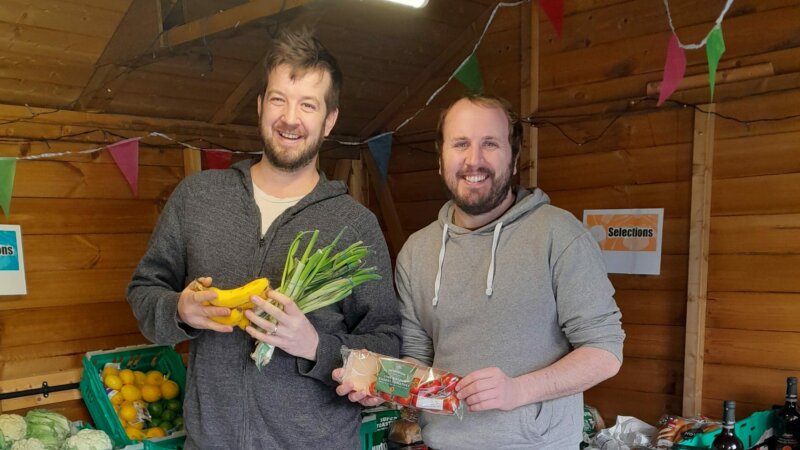Brazil: More Than Just A Game
The intoxication of the World Cup can be particularly overwhelming. Hours of coverage showing celebrity footballers kicking a football for 90 minutes, two or three times a day, for a whole month. But the colourful festivity associated with this global tournament can often overlook the political impacts which the World Cup has generated.
For many Brazilians, this prestigious global tournament has been marred by anger over what they see as government over-spending – the 25.7 billion reals (£7.3 billion) paid by Brazilian citizens and FIFA for the 2014 World Cup is as much as the last two World Cups put together – uncompleted construction projects on stadiums and airports, and the negligence of politicians to tackle pressing societal issues. On top of this, the death of eight people during the construction of new stadiums, the eviction of a quarter of a million people from their homes, the increase in violence, and the sexual exploitation of women have not only fuelled spontaneous yet strategically well-organised social movements across Brazil, but exemplified the political ramifications this tournament has had on the country.
With the explosion of social action in 11 of the 12 cities hosting the matches, first initiated and mobilised over housing and transportation, these movements now demand the eradication of social injustice in Brazil. The country has been plagued with a growing anger that millions of Brazilians have been excluded from an international event on their home soil. The entertainment has overlooked the frustration that billions have been diverted away from health and education services essential to millions of dependent Brazilians.
The British coverage of the World Cup has on the odd occasion revealed these frustrations – for example, the damage caused by objects hurled by protesters at the BBC and ITV studios – but the nexus between this global tournament and the impact on the host country’s politics is potentially greater than explicitly recognised. Football and politics go hand in hand in Brazil. It was in the stands where people first began echoing their rebellious mantra, displaying banners against the regime during Brazil’s dictatorship only a few decades ago. It is therefore easy to see how many Brazilians would react to news that the Corinthians stadium was built with government funds so extraordinary that it will take 1,146 years to recoup the cost through entrance tickets.
Many, like 59-year-old Juan Jose Rodriguez, have quickly admitted that they didn’t want the Brazilian national team to succeed. “With all my heart, I don’t want Brazil to win. If people are happy, they forget,” he told Al Jazeera. He further added that “the protests have to continue”. But even without the emergence of such protests, like the strike initiated on the eve of the tournament by Sao Paulo metro workers demanding higher wages, the political effects the World Cup has are undoubtedly profound. Just months before the Brazilian Presidential elections in October, the beautiful game – in particular how the authorities run the spectacle - will have serious political ramifications for all major parties and Presidential candidates later this year.
“Perception matters. If things don’t go well, people can go against the Government,” said Fernando Guarnieri, a political scientist researcher at the University of Sao Paulo’s Comparative and International Studies Research Centre. We should not expect on-the-field results to significantly influence the October elections – Brazil has performed relatively badly in 2006 and 2010, with no great political effect on leadership – but emphasis is on how events outside the stadiums could have an impact.
According to a Pew Research Poll published in June, about 60% of Brazilians believe that hosting the World Cup was a bad decision, sucking up money that could have funded social services like healthcare and education. But the outcomes are not wholly negative. The World Cup has made it practically impossible to ignore Brazil’s long-standing social problems. The tournament has not only encouraged protest and exhilarated workers to push for more rights, but has provided an international platform for a wide spectrum of voices and causes. The World Cup, rather being a medium for unconscious anarchical behaviour, is a historical opportunity for protestors and those upset with politics and societal problems to finally receive some benefits.
With election year, the self-organisation of people means that the movements which exploded a year before the World Cup will undeniably continue when it ends. The question is whether the political impacts of this tournament will predominantly be negative or positive. It seems the former is more likely than the latter.
But it depends on the perspective one adopts. After all, behind all the anger, negativity and protests resulting in the detention of thousands by officials accused of exercising brutality towards ‘non-violent protestors’, there is an underlying, almost unrecognisable positive force for change. We must do more to read behind the hostile ‘FIFA Go Home’ banners, and realise that many activists are reliant on the tournament to push for their respective causes.
With this, the protest of millions of Brazilians across the country before, during and after the World Cup is not a call for regime change, or a radical alteration in politics, but rests on one single issue – who is the World Cup for, if not for the people? For many, this global tournament is for big corporations, construction companies, tourists and those who benefit from the extra investments FIFA imposes on host nation’s governments, such as the 1.5 billion Reals (£400 million) invested in weapons for police and security measures.
Despite the political impacts, Brazilians certainly possess a historical opportunity to break through the positive coverage of the tournament and exploit the public attention the World Cup draws for their respective causes and social movements. Even if we back at home need more explaining to better understand the situation – the brief BBC and ITV coverage of a few protesters in Rio failed to capture the essence of what is going on – the politicians in Brazil who are reliant on the people’s vote in October will no longer be able to marginalise dissenting voices through the image and distraction of the World Cup. )





